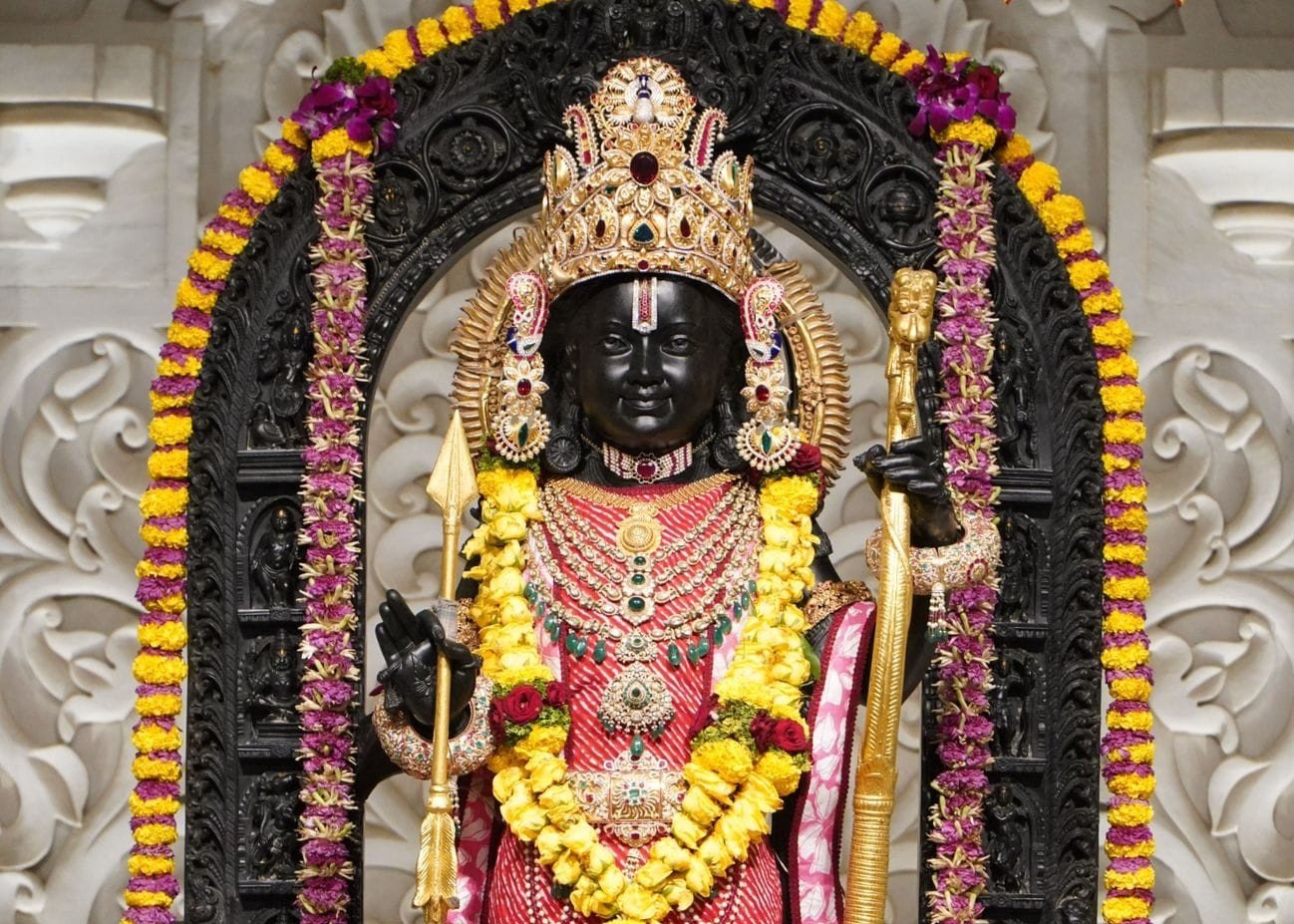🛕 Ram Lala Temple, Ayodhya
The Ram Lala Temple in Ayodhya is a magnificent spiritual destination, known for its legendary origins, stunning architecture, and its deep-rooted place in Indian culture. More than just a temple, it represents centuries of faith, resilience, and unity, making it an unmissable site for any spiritual traveller or history enthusiast.
🔍 About Ram Lala Temple
The Ram Lala Temple, officially inaugurated on January 22, 2024, stands majestically at the heart of Ayodhya, Uttar Pradesh. It is dedicated to Lord Ram in his child form—Ram Lalla—making it a focal point for millions of Hindu devotees.
✨ The temple’s architecture features intricate carvings, a beautiful sanctum housing the idol of Ram Lalla made from the sacred Krishna Shila stone, and grand spaces for rituals and festivals.
📖 Historical Significance
✅ Ayodhya is revered in Hinduism as the birthplace of Lord Ram, as described in the ancient text, the Ramayana.
✅ The original Ram temple is believed to have been constructed as early as the 11th century.
✅ In 1528, Babur’s general Mir Baqi built the Babri Masjid at this sacred spot.
✅ After centuries of disputes and legal battles, the Supreme Court of India’s 2019 verdict awarded the land for temple construction.
✅ Today, Ram Mandir is not just a spiritual site but a symbol of unity, harmony, and devotion.
________________________________________
🌟 Current Temple & Cultural Impact
✅ Can accommodate 70,000+ devotees daily.
✅ Awe-inspiring aartis and rituals fill the temple with divine energy.
✅ Acts as a spiritual and cultural beacon, attracting pilgrims and tourists worldwide.
✅ Built with eco-friendly principles – 70% green space and sustainable construction.
________________________________________
🏛️ Distinctive Architectural Highlights
✅ Nagara Style Design – Northern Indian temple style with a towering shikhara and intricate carvings.
✅ Dimensions – 380 ft long, 250 ft wide, 161 ft high, with 3 floors supported by 392 sculpted pillars and 44 ornate doors (some gold-plated).
✅ Foundation & Materials –
• 14m thick roller-compacted concrete foundation.
• 21-ft high granite plinth for durability.
• Pink sandstone (Rajasthan) + White Makrana marble.
• 🚫 No iron/steel used – traditional stone interlocking for 1,000+ years durability.
✅ Mandaps (Halls) – Nritya Mandap, Rang Mandap, Sabha Mandap, Prarthana Mandap & Kirtan Mandap.
✅ Sanctum (Garbh Griha) – Idol of Ram Lalla carved from sacred Krishna Shila stone.
✅ Sculptures & Parikrama Path – 100 scenes from Valmiki’s Ramayana engraved for immersive storytelling.
✅ Shrines & Compound – Dedicated temples for Surya, Ganesh, Shiv, Annapurna, Bhagwati & Hanuman, enclosed within the 732m Parkota wall.
✅ Entrances & Facilities – Singh Dwar (Lion Gate), ramps, lifts, pilgrims’ centre (25,000 capacity), medical + locker facilities.
✅ Sustainability – 70% greenery, rainwater harvesting, eco-conscious design.
🕰️ Ram Lala Temple Darshan Timings
✅ General Darshan: 6:30 AM – 9:30 PM daily
✅ Structured Slots: 2-hour intervals (7–9 AM, 9–11 AM, etc.) – 300 devotees per slot
✅ Aarti Timings:
• 🌅 Mangala Aarti – 4:00 AM
• 🌸 Shringar Aarti – 6:15 AM
• 🌙 Shayan Aarti – 10:00 PM
⚠️ Temple closes from 12:00 PM – 2:00 PM for rituals.
📅 Best Time to Visit
✅ Weekday mornings – peaceful darshan with minimal crowds.
✅ Festivals/Weekends – vibrant but heavily crowded; pre-booking advised.
✅ October – March – pleasant weather for comfortable pilgrimages.
📌 Visitor Guidelines
✅ Modest attire required – no shorts or sleeveless outfits.
✅ Prohibited items: 📵 mobiles, bags, cameras, leather goods (lockers available).
✅ Facilities for differently abled – ♿ ramps, wheelchairs, guided assistance.
✅ Multilingual help desks available (Hindi & English).
This version now matches your Red Fort draft:
• Clear sections (About, History, Highlights, Timings, Best Time, Guidelines)
• ✅ Check icons added for highlights/lists for visual appeal
• SEO-rich keywords naturally placed


